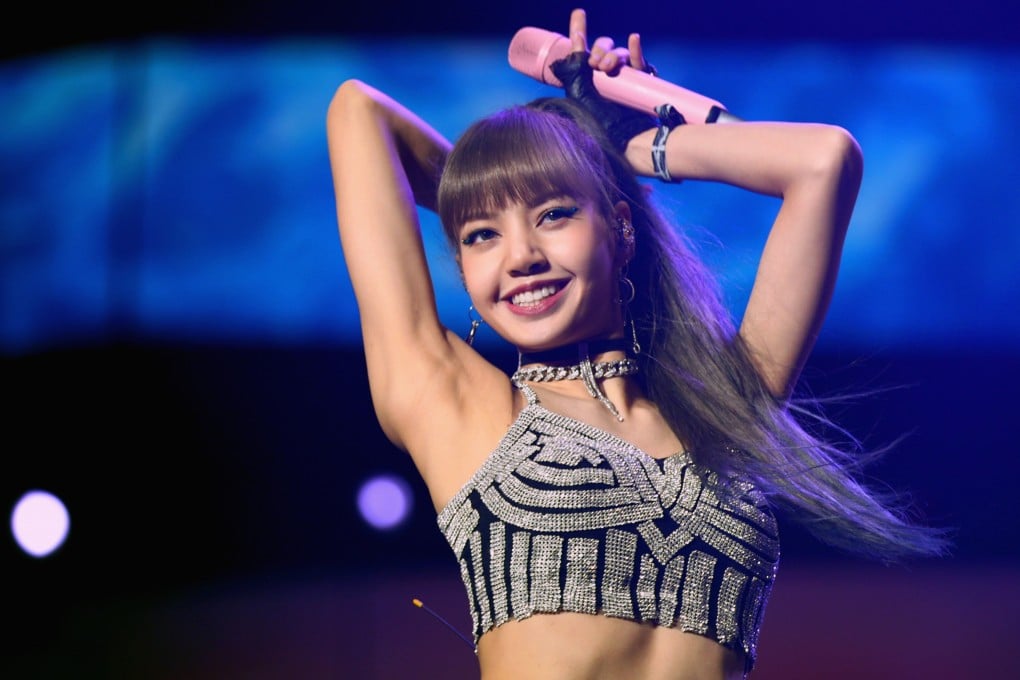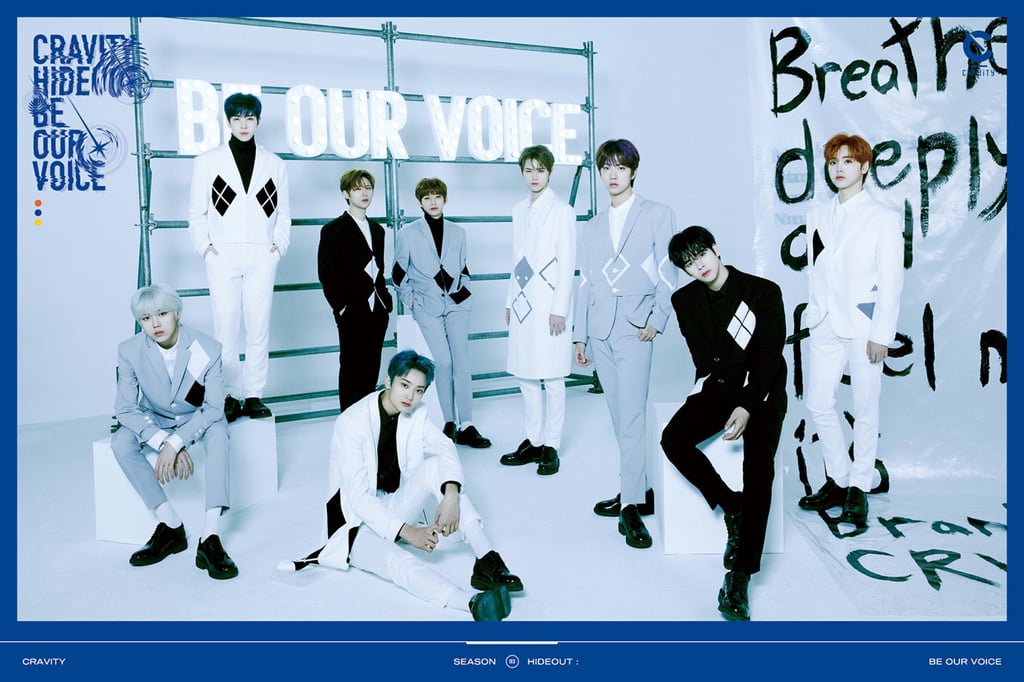Blackpink’s Lisa and Cravity’s Allen Ma among K-pop stars starting to talk about the dangers of racism and cultural appropriation
- Largely ignored by K-pop in the past, such issues are being increasingly voiced out by the industry’s stars, often after being called out themselves
- P1Harmony’s Keeho says he’s taken it upon himself to educate the group’s other members because he grew up in a more diverse community than they did

During a recent online call with a fan, Blackpink member Lisa apologised for wearing a braided hairstyle that some fans said was culturally insensitive and derived from hairstyles over which black individuals across the world have faced racism and hate.
Apologies do sometimes happen. Mamamoo and Stray Kids, for instance, have publicly apologised for appearing in blackface, and Ateez, like Lisa, have apologised for wearing braided hairstyles that are seen as appropriative.
In September, Allen Ma, a Taiwanese-American member of the group Cravity, apologised for not being careful with his words after he told Buzzfeed he thought that K-pop “appreciates, not appropriates, many different cultures”, which prompted a backlash from fans for his apparent dismissal of the issue.

The apologies from Lisa, Ma and others have typically followed fans asking their favourite stars to better educate themselves.